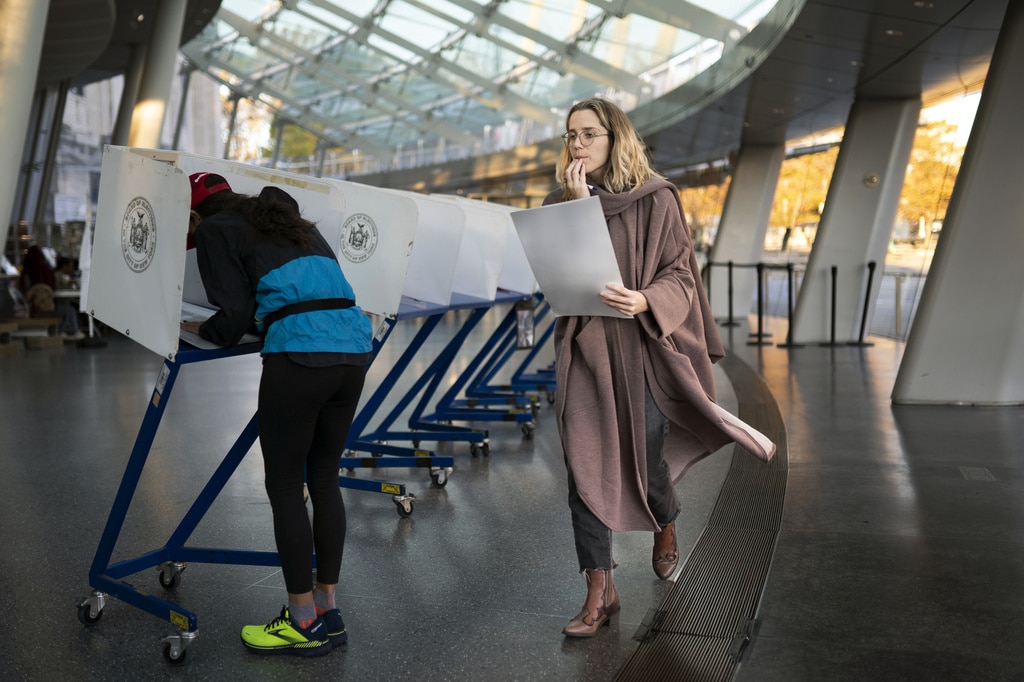Although the United States has prohibited denying the vote to African Americans (15th Amendment, 1870), women (19th Amendment, 1920), and individuals who are 18 years or older (26th Amendment, 1971), commentators often decry low voting participation rates, particularly in nonpresidential election years. One proposal that has surfaced from time to time is that of compulsory voting, which 22 nations, most notably Australia, have adopted (Santhanam 2014).
Past state laws in the U.S. on compulsory voting
In 2015, President Barack Obama stirred considerable controversy when he suggested that voting should be compulsory. Although the idea sounded novel, some American colonies had imposed fines on eligible voters who chose not to participate. In the 19th century, English philosopher John Stuart Mill advocated such compulsion, and the idea of compulsory voting was widely debated during the American Progressive era, roughly from 1900 to 1920.
Although it rarely enforced the law, Kansas City, Missouri, adopted an ordinance fining individuals who did not vote. The Missouri Supreme Court voided the law in 1896 as a nonuniform tax prohibited by the state constitution (Notes 2024). In 1898, North Dakota allowed the legislature to penalize nonvoters (a power it chose not to exercise). And, in 1918, Massachusetts granted similar permission, which again went unenforced.
Issues involving, including the First Amendment
Much of the debate over compulsory voting has centered on:
- whether voting was a right or a privilege;
- whether compulsory voting was actually desirable to encourage individuals who might be uninterested or uninformed about politics to vote, and
- how compulsory voting measures might be enforced (Notes 2024).
Moreover, some individuals who do not vote might be hindered by work schedules, lack of transportation, sickness, lack of childcare or other factors that could prove to be discriminatory.
Compulsory voting would likely qualify as compelled speech
Ever since the Supreme Court incorporated the First Amendment into the due process clause of the 14th Amendment and applied it to the states, however, compulsory voting mandates need to be considered with respect to state laws.
In its decision in West Virginia State Board of Education v. Barnette (1943), the Supreme Court recognized the right not to speak by overruling compulsory flag salutes. In other cases, the Supreme Court has decided that the First Amendment prohibits “compelled speech.” Compulsory voting would almost surely qualify as such compelled speech.
The right not to show up at the polls, particularly in elections where neither party has nominated a popular candidate or in a system that citizens think is rigged by gerrymandering or other mechanisms to favor one of the parties, is itself a way of exercising one’s First and 14th Amendment rights of freedom of expression.
John Vile is a professor of political science at Middle Tennessee State University and dean of the Honors College.

